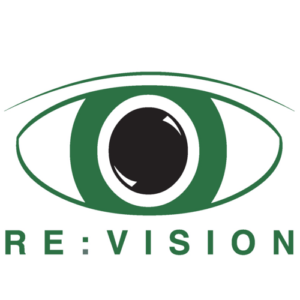Feedback on Student Writing

This week was a thorough and insightful consideration on Feedback for Writing inspired by Bean & Elbow. Thanks Ava for a lively discussion on the nature of feedback overall. It is critical to apprehend the foundational vulnerability that lies at the heart of learning how to write. I also think it is important for all of us to tap into our own memories of teacher feedback in order to gain that empathetic perspective. The key consideration that emerged was the subtle issue of power that informs teaching and learning contexts. We spoke about the shifting perspective involved in being a student and receiving a paper back, verses being a teacher (who must face a voluminous stack of papers to evaluate, with little time or training for the task).
Somewhere in between these two perspectives lies a real need to develop an effective practice – which honors both the developing writer, while still keeping in mind the reality of a teacher’s context. We spoke about the dynamic of care. We considered how hard it is to give care in professional contexts (teaching) if one is not receiving care (remember that case study of the adjunct prof?)….and we apprehended how little evidence there is of an education system that is careful (i.e. care-full). In schools today, educators are so bogged down with the pressures of meeting specific assessments, standardized tests, and also administrative expectations and outcomes. Our bridge from writing theory to practice reveals significant conundrums.
We considered (via Bean) how easy it is, as a teacher, to forget that there is a person behind each essay that is being read and graded. Bean advises teachers to be more mindful of the comments that they write on students’ papers because the worst comments can insult and even dehumanize a student. We were also offered concrete strategies (via Elbow). Still, we can see how much room there is for misunderstanding and misinterpretation between the writer and the writing instructor during feedback (i.e. remember Ava’s example of student writing)? In one small exercise we are faced with the challenges involved in apprehending what definitively constitutes productive/helpful commentary on writing.

In the end, it seems that if educators can help situate the writer as a reader (of their own work) in a metacognitive stance, this nuanced perspective can ultimately help a developing writer. If we can help students see beyond the impulse to figure out “what the teacher wants” (in order to get the better grade), we can start to inspire the emerging writer and even better – we can liberate a learner. It is the growth and evolution of the writer as independent and creative thinker that is the outcome we should aspire to most. By reviewing these articles carefully, it seems the challenge in responding to student writing becomes more nuanced and complex, and yet, there isn’t a crystal clear pathway to ensure an overall improved strategy. As we continue to bridge theory to practice together, let us attempt to identify some ways to encourage and foster writing in education (and society).
Our class slides:
Your “to-do” list:
Read:
Expressive Writing, Emotional Upheavals, and Health by James W. Pennebaker & Cindy K Chung
- Blog #5 Due before 10/17 – A reflection on Emily’s reading selection
See you next week in our Zoom room for online class. (The link to class will be sent via email.)

















